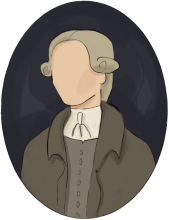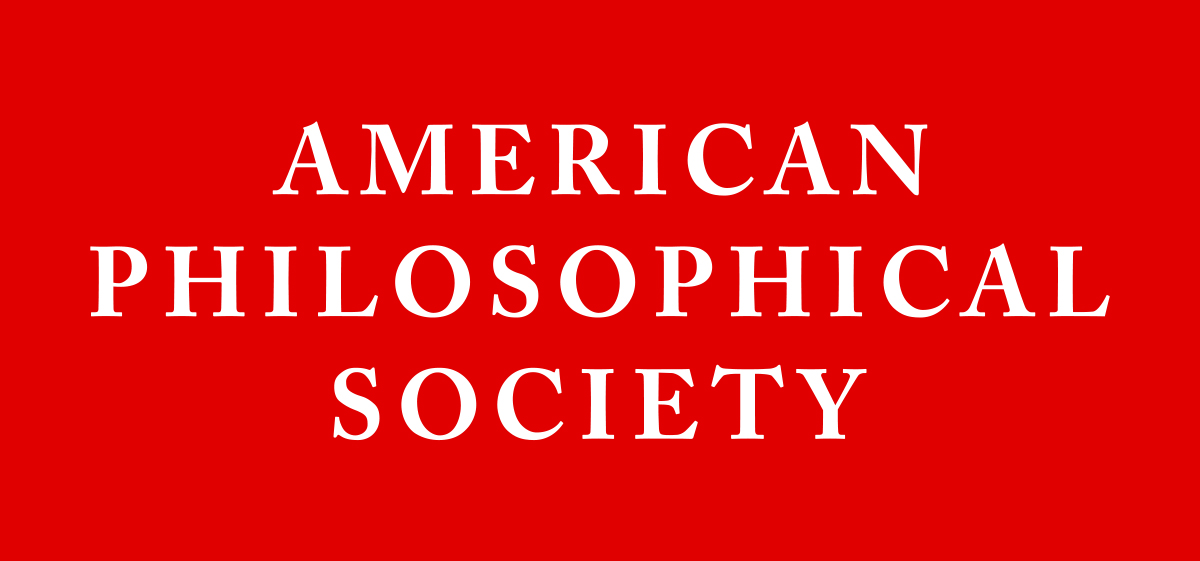Jean B. Le Roy (338)
Election date: 1773 
Jean-Baptiste Le Roy (15 August 1720–21 January 1800) was a natural philosopher, and a member of the American Philosophical Society, elected in 1773. Born in Paris, he was the son of famous clockmaker, Julien Le Roy. Jean-Baptiste Le Roy followed in his father’s scientific footsteps, but instead specialized in electricity: developing electrical instruments and partaking in the great electrical discourses of the day. In the great debate between Abbé Nollet and Benjamin Franklin regarding whether electricity had one or two streams of liquid, Le Roy took Franklin’s side: producing experiments and distributing information that backed up Franklin’s double-stream theory. A junior adjunct member of the Académie Royale des Sciences by 1751, taking on the senior Nollet was a daring move, and one that initially brought him criticism from his French peers. Nevertheless, two decades later, the tides shifted in Le Roy’s favor, and he became pensionnaire mécaniecies of the Académie Royale (1770), and then served as its director (1773-1778). Le Roy continued to be a disciple of Franklin: publishing translations and commentaries of Franklin’s works in French journals, promoting the use of the lightning rod in France, and engaging in hospital and prison reform. He was also a major contributor to the Encyclopédie: composing the entries for “Horlogerie,” “Télescope,” “Élétrometre,” and other scientific instruments. During the French Revolution, when royal academies fell from public favor, Le Roy joined the first class of the Institut National (section de mécanique) in 1795. He died five years later in his hometown of Paris.
Publication: Paris: De l'imprimerie de Moutard, 1784.
Subjects:Balloons. | Montgolfier -- Jacques-Etienne -- 1745-1799.
